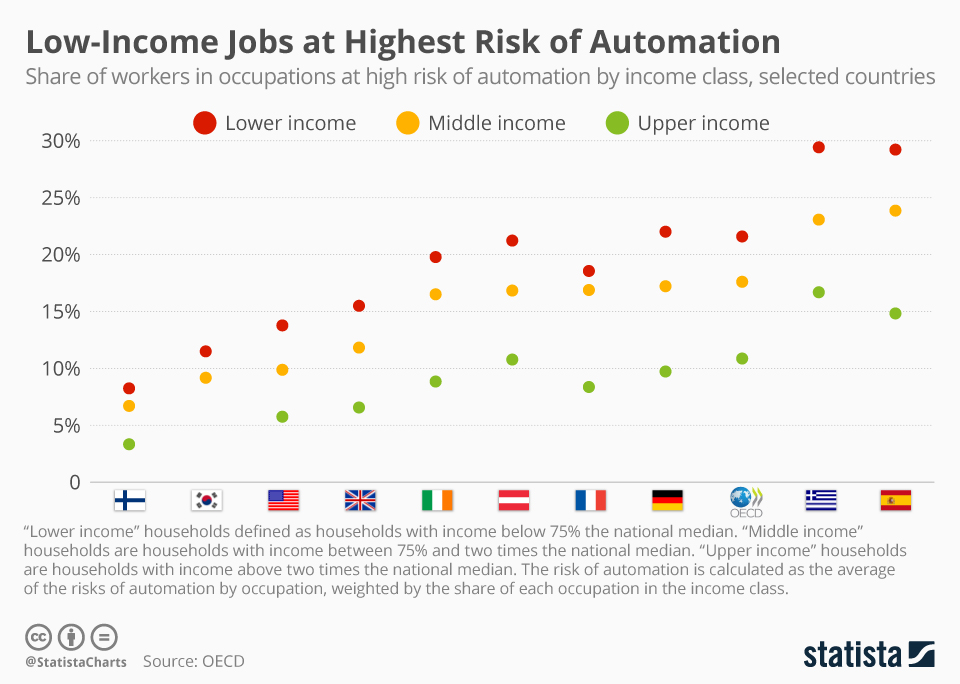Personal reflections
Combined together, fundamental ecological challenges and profound technological shifts make for an interesting recipe for the 21st century. It’s also a recipe for massive disruption. It’s an era that requires us to face a rapidly changing reality of our situation and embrace change as the only constant. In the following, I’ll explore how we can have a graceful transition through these tumultuous times by understanding and embracing our uncertain futures. First, let’s take a look at some of the challenges and technological shifts we face.
Climate change: The greenhouse gases that we have spewed into the atmosphere for centuries are now trapping heat and causing the Earth’s temperature to rise. The resulting climate change is already causing extreme weather events, rising sea levels and mass migrations of people.
Mass extinction: We are in the midst of a mass extinction event, caused by human activity. Over the last 100 years, we have wiped out 60% of wildlife populations. At the current rate, we could see the loss of up to two-thirds of all species by the end of this century.
Decentralized autonomous organisations: Technology is enabling the creation of organisations that are not centrally controlled, but instead operate through decentralized networks. These organisations are often more nimble and adaptive than traditional companies, and they are starting to disrupt many industries.
Job automation: Advances in artificial intelligence and robotics are leading to the automation of many jobs that have traditionally been done by humans. This is causing major disruptions to the labour market, and it is estimated that up to 47% of jobs in the US could be automated in the next two decades.
Post-nation states: The nation state is no longer the only or primary source of power and authority in the world. With the rise of globalisation and the internet, we are seeing the emergence of a more decentralized and networked world.
Alternatives to capitalism: There is a growing recognition that capitalism is not working for the majority of people. Inequality is rising, the environment is being destroyed and our democracies are being undermined. There is a need for new economic models that are more sustainable and equitable.
These challenges are not going away, and they are only going to become more pronounced in the years ahead. We need to find ways to deal with them, and that means embracing change. So, how can we work our way through through these tumultuous times? What might prepare us as a global society for what's to come?
The first step is to accept that change is inevitable and that we need to be prepared for it. We can’t keep doing things the way we have always done them and expect different results. We need to be open to new ideas and ways of doing things. We also need to build resilience into our lives and communities. This means having the ability to absorb shocks and bounce back from them. It means being adaptable and flexible. We need to create alternatives to the status quo. This means thinking outside the box and coming up with new ideas. It means experimenting and taking risks. We need to be inclusive in our approach. This means involving as many people as possible in the process. It means listening to different points of view and seeking common ground. Lastly, we need to be hopeful. We need to believe that change is possible and that we can make a difference. We need to have faith in the future and in each other.
If we take these things to heart, we can navigate through these times of great change and disruption. We can create a more sustainable, equitable and just world for all. And maybe, after all, the 21st century will not be the last for our species.

As an example, a 2019 study predicts that low-income jobs are most prone to automation; Statista 2022
Cover photo by Jorge Salvador on Unsplash
